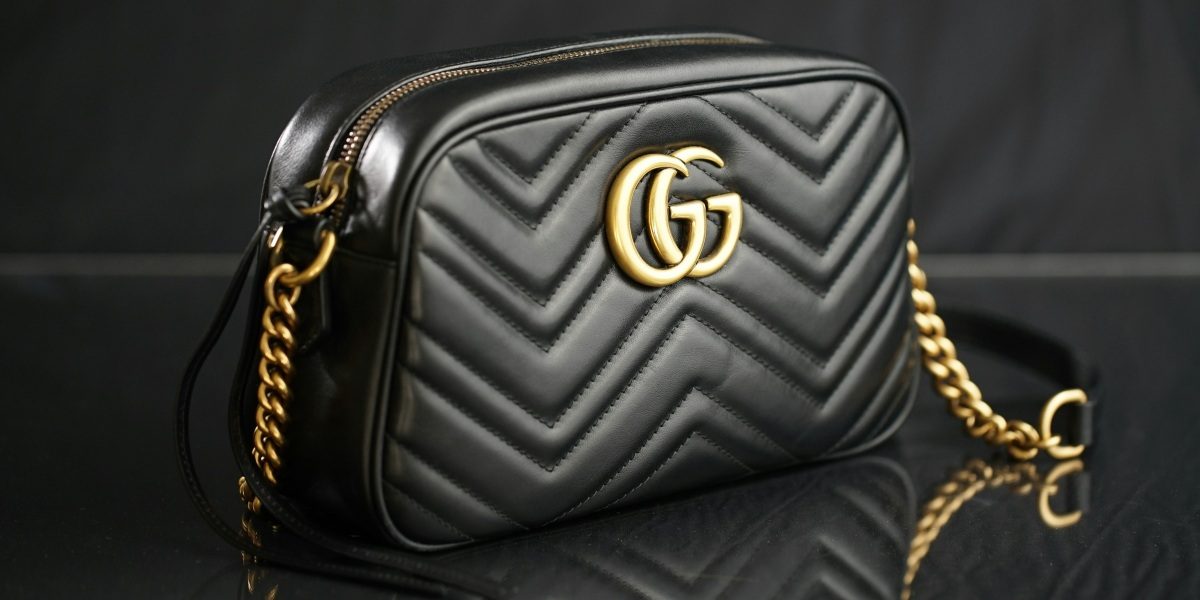By: Umair Malik
Sustainability, consumer awareness, and evolving attitudes toward ownership are the factors gradually shaping change in the fashion industry. At the center of this shift is the pre-loved luxury market, where high-end fashion products such as Chanel handbags, Gucci handbags for women, Hermès Birkin bags, and Dior accessories gain a renewed life through resale activity. What was once seen as a relatively niche space has increasingly become part of mainstream fashion culture, influencing how both brands and consumers make decisions.
Understanding Sustainable Fashion
Sustainable fashion involves practices that aim to reduce the environmental and social impacts of apparel and accessories. This includes the use of greener materials and extending product lifecycles through reuse or resale. The luxury industry is often positioned to adapt more easily because of its focus on exclusivity and artisan craftsmanship. Unlike fast fashion, where clothing often wears out quickly, luxury goods are generally designed to last. This durability creates opportunities for resale within a circular economy, allowing pieces to retain value beyond the first purchase.
The Rise of the Pre-Loved Luxury Market
In recent years, the resale of luxury goods has expanded from local consignment shops into a steadily growing global industry. Consumers now often see pre-owned luxury as a way to access iconic fashion pieces while reducing their contribution to overproduction.
Popular categories within this space include:
Designer handbags such as Chanel Classic Flap Bags, Gucci Dionysus, and Hermès Kelly bags.
Luxury watches & jewelry—often passing on their prestige from one generation to another.
Luxury resale is frequently described as more than ordinary second-hand shopping. Factors such as heritage, rarity, and craftsmanship are strongly associated with these goods. For many, luxury items represent an investment in artistry and design culture, making them attractive in both first-hand and resale markets.
Shifting Consumer Behavior
A significant driver of this trend is the changing outlook of younger consumers, particularly Millennials and Gen Z. Studies suggest these groups often prioritize sustainability, value, and individuality over constant newness. They do not necessarily view pre-owned goods as “used” but rather as unique finds with added character and history.
For some, buying a Gucci bag or acquiring a pre-owned Hermès Birkin is not only about fashion statements but also about practicing a more conscious approach to consumption. This has encouraged cultural acceptance, where purchasing second-hand luxury is increasingly normalized and even appreciated.
Technology and Transparency in Resale
Technology plays an essential role in supporting the pre-loved luxury market. Online platforms have developed systems for authentication, transparency, and accessibility. Buyers can now verify the authenticity of a Chanel handbag or Dior accessory before purchase, which helps build trust.
Innovations such as digital certificates and AI-powered verification tools are being introduced to strengthen authenticity checks and reduce the risks associated with counterfeiting.
The Role of Libas Collective
In this evolving market, Libas Collective has positioned itself as one of the participants in the global pre-loved luxury space. Founded with an emphasis on authenticity and trust, Libas Collective offers a curated selection of high-end goods while aligning with principles of sustainable fashion. By providing a platform for bags, clothes, watches, and accessories to be resold, it contributes to the overall growth of the resale sector and supports more mindful consumer practices.
The Future of Pre-Loved Luxury
Looking ahead, the pre-loved luxury market appears likely to continue growing as sustainability becomes increasingly important to consumers. Many buyers are now open to mixing firsthand purchases with secondhand items, creating a blended approach to fashion ownership. In parallel, some high-end brands are beginning to explore resale programs and circular economy initiatives, which may gradually reduce the distinction between new and pre-owned.
The idea of fashion as an investment also seems to be gaining ground. While pieces such as the Hermès Birkin, Chanel Classic Flap, and Gucci Jackie remain central to resale conversations, newer trends are also emerging, reflecting shifts in consumer preferences.
Conclusion
The steady growth of sustainable fashion, represented through the pre-loved luxury market, is influencing how the global fashion industry evolves. Consumers are extending the lifecycle of luxury goods as part of a more environmentally conscious approach to consumption while preserving fashion heritage.
Platforms like Libas Collective highlight this evolution by offering a space for second-hand luxury items to find renewed purpose. As awareness of sustainability deepens, pre-loved luxury is becoming less of an alternative and more of an integral part of fashion’s sustainable future.
Disclaimer: This article is intended for informational purposes only and should not be considered promotional or advisory in nature. References to brands or platforms such as Chanel, Gucci, Hermès, Dior, or Libas Collective are included solely for contextual illustration of trends within the fashion resale industry. No endorsement or commercial partnership is implied. Readers are encouraged to conduct their own due diligence when engaging with resale platforms or luxury products.

















